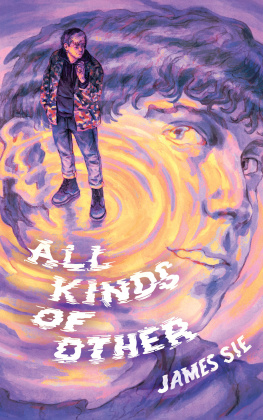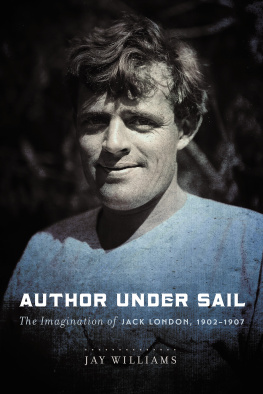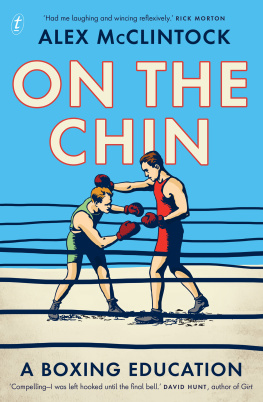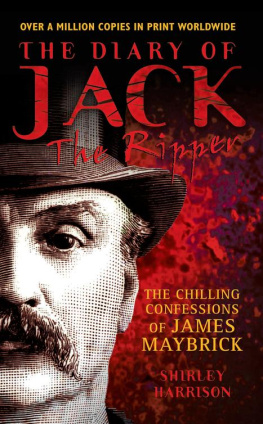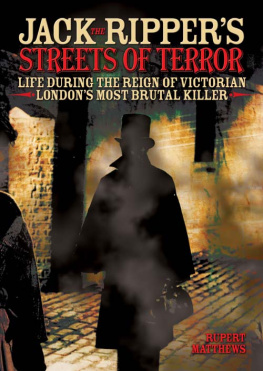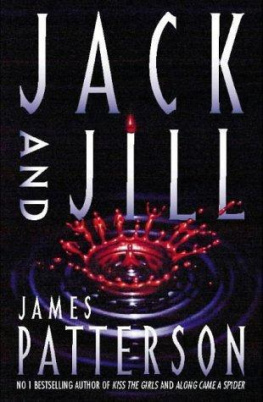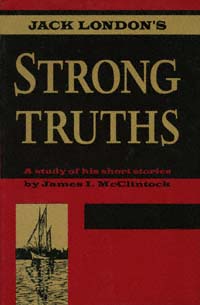| three volumes of London's short stories reveal his gradually developing expertise as well as his debt to Kipling's example. Literary critics were, at the same time, reacting against both Zolaesque "realism" and sentimental romance. They approved of fiction which combined harsh honesty with idealism. Responding to these critical views, London committed himself to stories which combined "strong truths" of "actuality" with ''ideals," finding Herbert Spencer's Philosophy of Style a "scientific" literary method for undertaking this didactic mission. From this time forward, London was committed to dramatizing and advancing those "strong truths," willing anytime, he said, to sacrifice art for the integrity and impact of ideas. |
| The second third of this study examines London's Northland fiction, written from 18981908, in which London pitted "spirit-groping," idealized protagonists against the "actuality" of the Arctic wasteland. The strong truths derive from the world newly understood through perspective of Darwinian ideas. The explicit theme of the Malamute Kid series is that a code-practicing, rational man can achieve mastery over, or accommodation with, a hostile environment. The implicit theme, however, is that when adventurers challenge the "unknown," rationality fails to sustain humanly satisfying values. The stories which follow these explore more ironic and tragic themes; and, literarily, London's exploration of the nonrational by invoking the violent, the death-dealing and the grotesque, demands limited protagonists and a mythopoeic prose. |
| The last third of this work falls into two sections. The first, emphasizing stories written in the years from 1906 to 1912, discusses the artistic decline of his short fiction. This view of London's decline has excited more critical controversy than any other aspect of McClintock's analysis, dividing scholars into those who agree in substance, if not always in detail, with McClintock's analysis and those who argue that London's vitality and skill did not diminish, that London merely turned his attention to the novel and other book length projects. The debate is current and, as yet, unresolved. McClintock argues, in any case, that during this period London continued to employ themes growing from his fascination with Darwinian ideas as well ones he had been developing from Marxist political and economic theories. Using them London sometimes produced an excellent story but more often wrote pot-boilers until he gave up the short story genre entirely. Before stopping, he drifted into writing |
|


